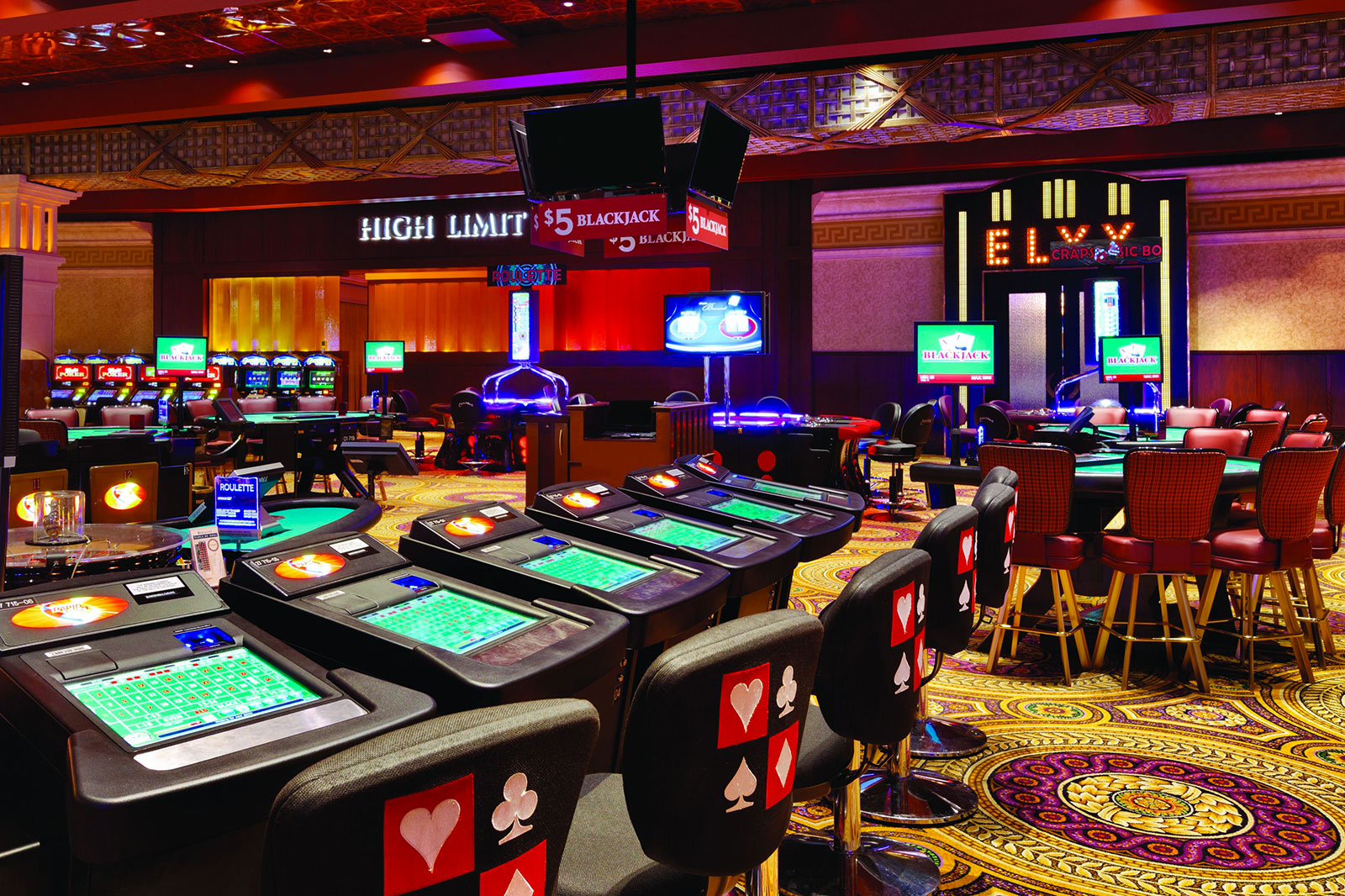
This appeal of casino-related activities has enchanted countless individuals around the planet for decades. From the whirling roulette device to the sound of dealing deck of cards, the rush of chance and skill intertwines to create an thrilling environment that draws players in. These games are not just leisure activities; they have become an integral part of the cultural industry, evolving into a worldwide phenomenon that spans opulent resorts, dynamic online platforms, and all that lies in between.
As the desire for unique and interesting encounters persists to grow, the narratives behind the achievements of gaming experiences reveal a fascinating landscape. Innovators and developers are continuously pushing the limits of creativity and innovation, resulting in the rise of fresh gaming options and interactive technologies. Exploring these narratives provides us a glimpse into what it takes to create a gaming business and the enthusiasm that motivates those operating behind the scenes.
The Progression of Casino Games
Casino games have a rich past that stretches back centuries, with their origins frequently intertwined with ancient ceremonies and communal events. The initial forms of betting can be linked back to long-ago Chinese civilization, where games involving dice were played, and also to the Romans who partook in betting on various occurrences. Over time, these rudimentary games evolved into better organized forms, resulting in the creation of titles including baccarat and roulette in the 17th century. These early casino games laid the basis for the industry we see today.
As the world progressed, so did the complexity and variety of gambling options. The 19th century marked a noteworthy shift with the founding of official gambling establishments in locations like Monte Carlo and Las Vegas. This era saw the emergence of famous games such as poker and blackjack, which captured the imaginations of players around the world. The surge of these games was enhanced by advancements in game development and the development of betting regulations that rendered the industry more organized and attractive to the general populace.
The digital transformation in the late 20th and early 21st centuries altered the landscape of casino games yet again. The advent of the internet brought about virtual casinos, enabling players to enjoy their favorite games from the comfort of their homes. This change not only expanded the scope of casino games but also opened up new types like live dealer games and mobile gaming apps. Today, the gambling game empire continues to progress, with innovative technologies such as virtual reality and blockchain expected to reshape the coming years of gambling.
Effective Casino Game Development Strategies
The cornerstone of a thriving casino game empire lies in the creation of captivating and unique games that captivate players. A effective strategy entails comprehensive market research to grasp existing trends and player preferences. By analyzing user feedback and studying popular titles, developers can recognize what resonates with players and what features are in need. Adding distinctive themes, diverse game mechanics, and visually appealing graphics are essential to differentiate in a cutthroat landscape.
Partnership is a further key factor of effective game development. Uniting talented designers, programmers, and mathematicians certifies that games are both visually stunning but also balanced in terms of gameplay. Encouraging clear communication among team members fosters creativity and leads to innovative concepts. Moreover, engaging with players during the beta testing phase permits developers to gather precious insights that can fine-tune gameplay elements before the official launch.
Lastly, effective marketing strategies cannot be overlooked in building a thriving casino game empire. Crafting a captivating narrative around the game and utilizing social media platforms to create hype can dramatically impact player acquisition. Offering deals, loyalty rewards, and involving in community events can further enhance player retention. By combining strong development practices with smart marketing, game developers can create an immersive experience that keeps players returning for further.
A Outlook of Gambling Gaming
The scene of casino gaming is evolving quickly, driven by advancements in tech and evolving consumer preferences. Online and mobile play is poised to dominate the sector as more gamblers seek accessibility and availability. Virtual reality and augmented reality are also entering into the casino experience, providing engaging environments that elevate traditional gameplay to a higher standard. As gamblers crave more participatory and entertaining experiences, casinos will need to adapt and innovate to keep their customers engaged.
Additionally, the integration of artificial tech and information analysis will play a crucial role in shaping the future of gambling games. Casinos will utilize information to comprehend gambler behavior, tailor interactions, and improve client service. Personalization will become essential, as gamblers will want games that modify to their preferences and gaming habits. As the gambling industry utilizes these insights, the development of new play formats and features will likely emerge, keeping the casino experience fresh and thrilling for everyone.
Moreover, the movement towards responsible gaming is becoming increasingly notable. As regulators and players focus more on player well-being, casinos will need to adopt measures that promote safe gaming practices. This could include features that allow players to set boundaries on their expenses and playtime, as well as better resources for those who may be dealing with gambling addiction. https://gg88.cool/ By prioritizing responsible gaming, casinos can establish trust with their clientele and ensure a sustainable future in the competitive landscape of gambling gaming.